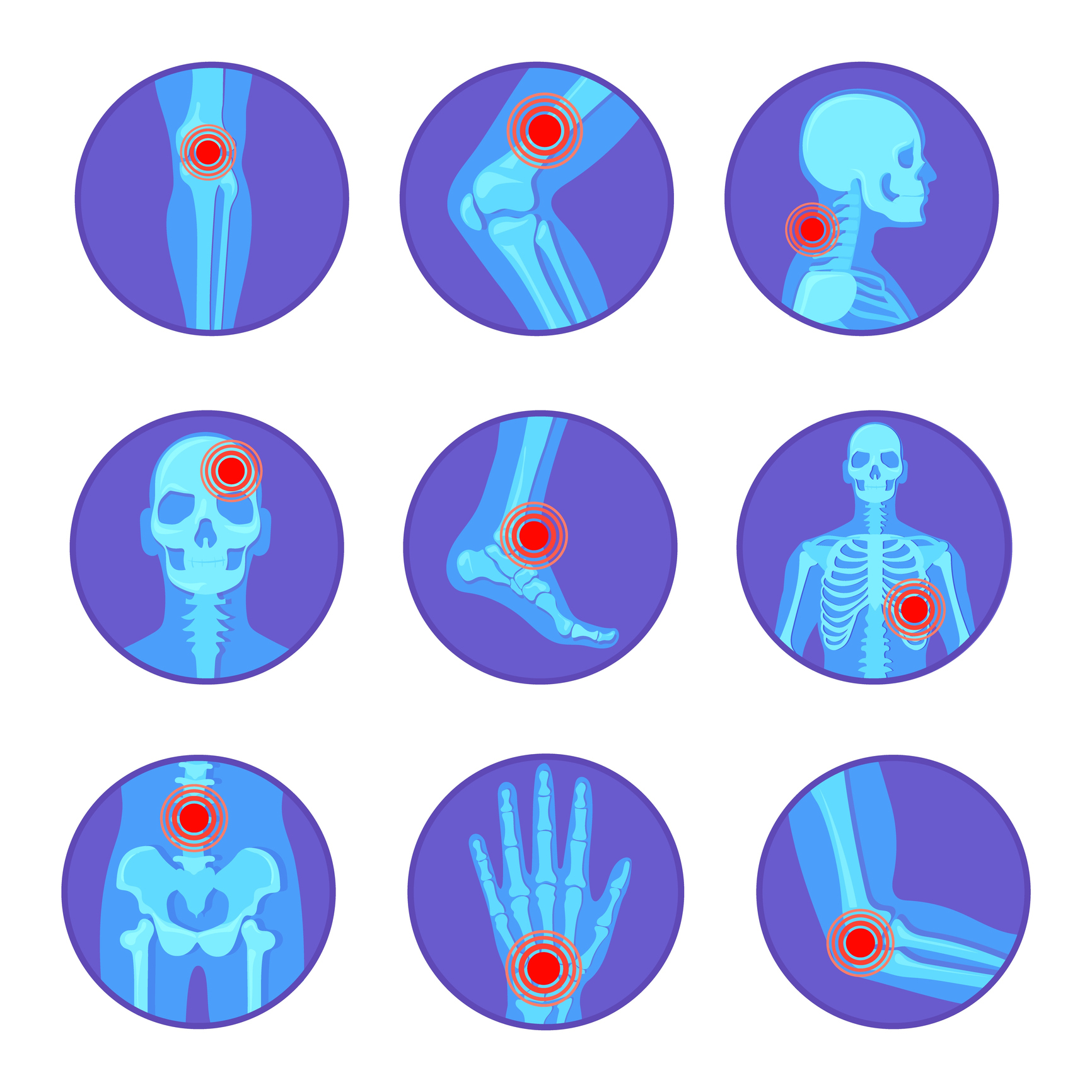The safety profile of biologic medications may change significantly among regions. BIOBADABRASIL (Brazilian Registry for Biologic Drugs), a registry for tracking biologic therapy in rheumatic disorders, has been maintained by the Brazilian Society of Rheumatology since 2009. The purpose of this study was to confirm the incidence rate (IR) of major infections in patients with rheumatoid arthritis (RA) and spondyloarthritis (SpA) who were using biologic medicines. From January 2009 to June 2015, this research compared severe infectious adverse events (SIAEs) in RA and SpA patients on biologic medicines to controls. The time of exposure was calculated from the start of the drug to the date of the final administration or censoring. The IR for serious infectious adverse events was computed per 1000 patients/years with a 95% confidence range (CI). A total of 1698 patients (7119 patients/years) were included in the study. Serious infectious adverse events were more prevalent in tumor necrosis factor inhibitor (TNFi) patients than in controls. When compared to the initial TNFi, subsequent TNFi was linked with a greater incidence of SIAEs. Age and corticosteroid use were linked to serious infectious adverse effects. In all groupings, serious infectious adverse events were more common in the respiratory system.
Biologic medicines, particularly the later TNFi, were related with a greater incidence of severe infections in BIOBADABRASIL when compared to synthetic DMARDs. SIAEs were associated with corticosteroid use and age. To follow the safety profile of medications in the clinical setting of rheumatic diseases in Brazil, constant monitoring is essential.


